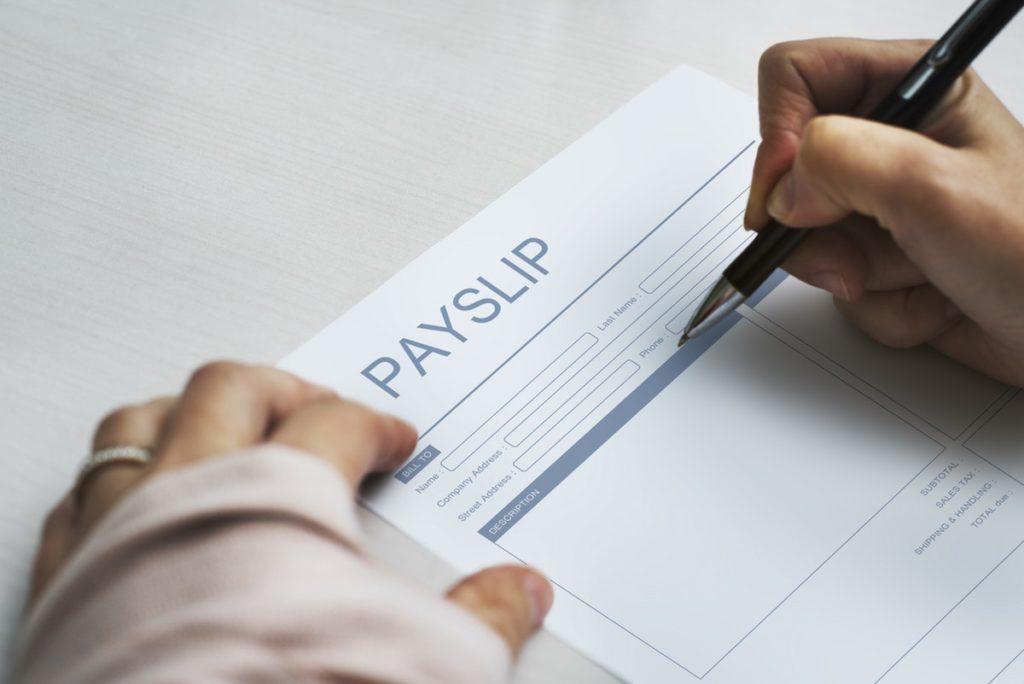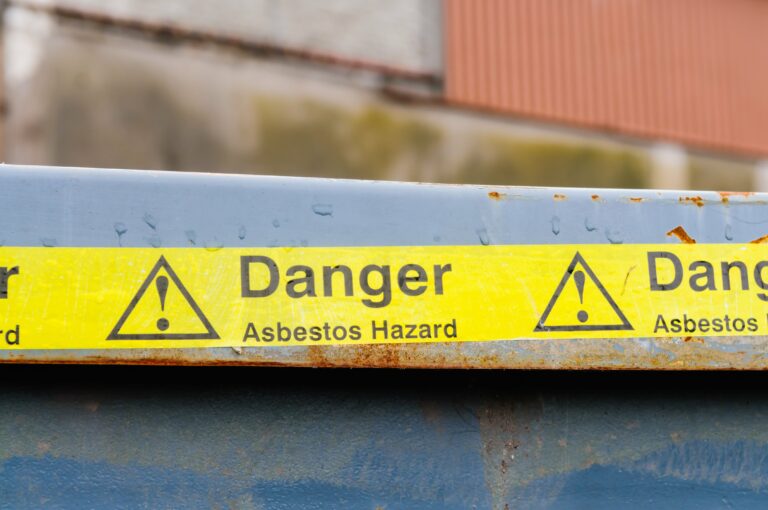It’s that time again. The National Minimum Wage and National Living Wage increase from 1 April. Then there’s the Living Wage – not to be confused with the National Living Wage – which will also be updated for 2020.

Confused? You’re not alone. Employers can be left scratching their heads wondering how much they are legally required to pay their workers and who is entitled to receive it.
Some businesses, including big brands such as Wagamama, TGI Fridays and Marriott Hotels, have in the past been publicly criticised for failing to pay the legal minimum. While the government’s “naming and shaming” scheme was suspended last year following concerns that complex rules meant businesses were often outed over technical breaches rather than deliberate flouting of the rules, employers can still face legal trouble if they fail to pay the right rates.
Acas
In addition to HMRC penalties, National Minimum Wage underpayments can also result in Employment Tribunal claims from employees who believe they have:
- Not been receiving the correct, current minimum wage rate for their age;
- Been dismissed or treated unfairly in relation to their right to receive the National Minimum Wage or National Living Wage; and/or
- Been discriminated against because their age would require an employer to pay them more.
So, what rate of pay is each of your workers entitled to? We explain the different terminology and the latest statutory pay requirements.
Who do minimum wage rules apply to?

Minimum wage rules apply to anyone classed as a worker. This includes people with a traditional Contract of Employment, as well as casual workers, temporary workers, agency staff and those who work under an apprenticeship agreement.
It is a legal requirement to comply with National Minimum Wage and National Living Wage rates – this means workers’ rates cannot be reduced or amended, even by agreement.
What factors determine the amount a worker is entitled to?
The minimum amount that a worker is entitled to will depend on:
- Their age; and
- If they are an apprentice.
Let’s explore this further…
National Minimum Wage rates for 2020
The National Minimum Wage is the minimum pay per hour most workers under the age of 25 are entitled to by law.
From 1 April 2020:
The rate for 21 to 24-year-olds will increase from £7.70 to £8.20
The rate for 18 to 20-year-olds will increase from £6.15 to £6.45
The rate for 16 to 17-year-olds will increase from £4.35 to £4.55
The apprentice rate (for apprentices aged under 19 or in the first year of their apprenticeship) will increase from £3.90 to £4.15
The Accommodation Offset will increase from £7.55 to £8.20.
What’s the minimum wage rate for apprentices?
If you employ an apprentice under the age of 19, or an apprentice over the age of 19 who is in the first year of their apprenticeship, the minimum wage rate for an apprentice (£3.90) applies.
However, apprentices aged 19 or over who have completed their first year must be paid at least the minimum wage rate for their age, as per the above guidelines.
National Living Wage for 2020
The National Living Wage refers to the minimum pay per hour most workers aged 25 and over are entitled to by law.
From April 2020, the National Living Wage will increase from £8.21 to £8.72 per hour, and you must ensure that any workers within this age bracket are paid at least this amount.

What is the Living Wage?
The government’s National Living Wage is different from the Living Wage, which is an hourly rate of pay and updated annually.
The Living Wage is set independently by the Living Wage Foundation and is calculated according to the basic cost of living in the UK. Unlike the National Living Wage, paying workers the Living Wage is not a legal requirement; employers can choose to pay the Living Wage on a voluntary basis. If viable for your business, becoming a Living Wage employer can be a great way to attract and retain staff.
How should I prepare for minimum wage changes?
If you haven’t already, now is the time to review your existing pay procedures to ensure workers receive the correct rate of pay from April 2020. It’s important to do this ahead of time, as failing to do so is likely to invite issues later on.
If you require expert clarification on your National Minimum Wage obligations, WorkNest's legally-qualified Employment Law Advisers can provide straightforward advice and guidance. For support, call 0345 226 8393 or request your free consultation using the button below.








